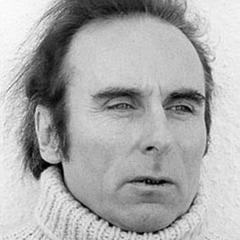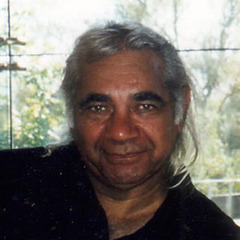Francis Quarles Quotes
Francis Quarles (1844). “Enchiridion Institutions, Essays and Maxims, political, moral & divine. Divided into four centuries. By Francis Quarles”, p.49
I wish thee as much pleasure in the reading, as I had in the writing.
'Emblems' (1635) 'To the Reader'
Richard Crashaw, Francis Quarles, George Gilfillan (1857). “The Poetical Works of Richard Crashaw and Quarles' Emblems”, p.223
Scandal breeds hatred; hatred begets division; division makes faction, and faction brings ruin.
Francis Quarles (1681). “Enchiridion: containing institutions, divine ... moral”, p.49
Francis Quarles (1857). “Emblems: Divine and Moral”, p.120
'Emblems' (1635) bk. 1, no. 12 'Hugo de Anima'
Francis Quarles (1856). “Enchiridion: Containing Institutions Divine Contemplative Practical: Moral Ethical Oeconomical Political”, p.59
Francis Quarles (1844). “Enchiridion Institutions, Essays and Maxims, political, moral & divine. Divided into four centuries. By Francis Quarles”, p.67
Francis Quarles (1844). “Enchiridion Institutions, Essays and Maxims, political, moral & divine. Divided into four centuries. By Francis Quarles”, p.15
Francis Quarles (1856). “Enchiridion: Containing Institutions--divine: Contemplative, Practical; Moral: Ethical, Œconomical, Political”, p.112
Francis Quarles (1856). “Enchiridion: Containing Institutions Divine Contemplative Practical: Moral Ethical Oeconomical Political”, p.134
Francis Quarles (1844). “Enchiridion Institutions, Essays and Maxims, political, moral & divine. Divided into four centuries. By Francis Quarles”, p.43
Francis Quarles (1844). “Enchiridion Institutions, Essays and Maxims, political, moral & divine. Divided into four centuries. By Francis Quarles”, p.85
If thou desire to be held wise, be so wise as to hold thy tongue.
Francis Quarles (1844). “Enchiridion Institutions, Essays and Maxims, political, moral & divine. Divided into four centuries. By Francis Quarles”, p.63







